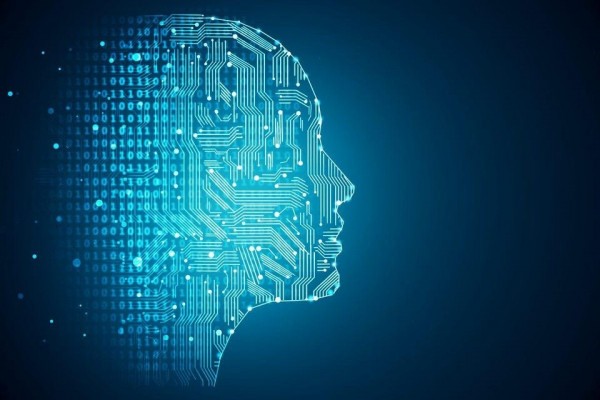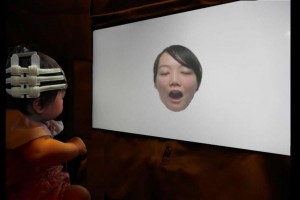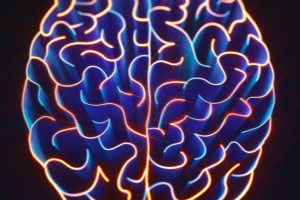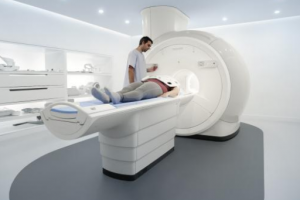Researchers use machine learning tools to reveal how memories are coded in the brain
NUS researchers have made a breakthrough in the field of cognitive computational neuroscience, by discovering a key aspect of how the brain encodes short-term memories.
The researchers working in The N.1 Institute for Health at the National University of Singapore (NUS), led by Assistant Professor Camilo Libedinsky from the Department of Psychology at NUS, and Senior Lecturer Shih-Cheng Yen from the Innovation and Design Programme in the Faculty of Engineering at NUS, discovered that a population of neurons in the brain's frontal lobe contain stable short-term memory information within dynamically-changing neural activity.
This discovery may have far-reaching consequences in understanding how organisms have the ability to perform multiple mental operations simultaneously, such as remembering, paying attention and making a decision, using a brain of limited size.
The results of this study were published in the journal Nature Communications on November 2019.





Related Posts